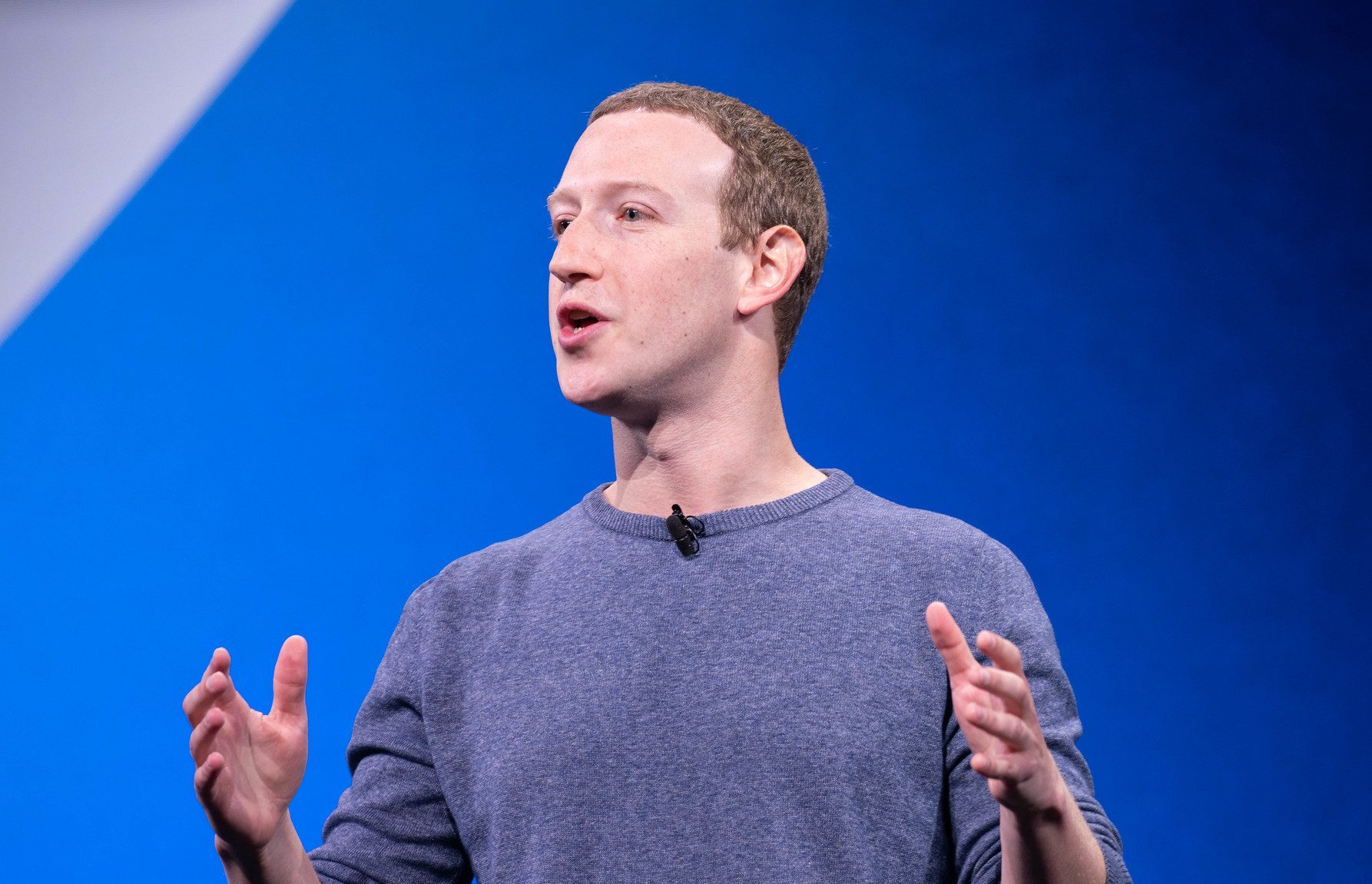By Melissa Parrish, VP Group Director, and Sarah Dawson, Researcher, Forrester Research
Last year, we at Forrester argued that despite the number and extremity of Facebook’s scandals, they wouldn’t doom the company in the short term.
So far, that’s held up, as the user base has continued to grow—in Q4, daily active users grew 9% year over year-- and ad revenue keeps rising with 2019 totals showing 27% year over year growth. As is any CEO’s purview, Mark Zuckerberg gets the credit for these stellar results. But you can’t take the credit without the blame, and as Zuckerberg exerts even more control over the Facebook family of apps and continues to publicise his strong positions on controversial policies, he’s becoming the face of the brand crises that Facebook (the platform) already faces.
The repercussions for Zuckerberg are real: Nearly 68% of outside investors voted to remove him as chairman last year – a remarkable show of distrust and disconnect in a company that continues to grow at breakneck speed. Zuckerberg single-handedly holds deciding power over some of Facebook Inc’s most controversial policies, and with the departure of both Instagram’s and WhatsApp’s founding members in 2018, Facebook’s vision for the future is determined almost entirely by one man’s lens.
Facebook Inc’s Q4 2019 Earnings
Zuckerberg and his executive team had a great story to tell by the numbers in their Q4 earnings call. Daily active users, monthly active users, quarterly revenue and annual revenue were all up. And considering the levels at which these benchmarks were set in 2018, one can’t call the performance anything but impressive.
Zuckerberg and his executive team had a great story to tell by the numbers in their Q4 earnings call. Daily active users, monthly active users, quarterly revenue and annual revenue were all up.
And yet immediately after the earning call, Facebook shares plunged. What was going on? Well, on the surface and according to financial analysts, the reported increase in expenses was unexpected and triggered investors’ skittishness. As an industry analyst, I think there’s a more emotional and less predictable reason lurking behind the scenes: Facebook’s extraordinary growth since it went public has conditioned investors to expect Zuckerberg to post increasingly unprecedented results.
The next question people ask about this is: Is it fair? And the answer is: Who knows? Again, Zuckerberg can’t take the credit without taking the blame, so by embracing a more public posture and being the face of the company’s response to controversies, it makes sense that his unbridled optimism about his business would rub off on investors. And managing high expectations is never easy.
That said, there was goodness in the Q4 earnings beyond the standard numbers. Zuckerberg has been slammed in the past when he hasn’t had much to say on the product innovation front. That was not an issue this time as the company announced the launch of payments and ecommerce initiatives for What’sApp and Instagram and, crucially, the Privacy Checkup tool which was rolled out to 2 billion members.
Facebook’s Future and Zuckerberg’s (Possible) Waterloo
After massive controversy around the 2016 US election interference and Cambridge Analytica’s access to user data, Facebook is attempting to reposition itself with a “reputation of privacy” over the next decade, as Zuckerberg stated on the Q4 earnings call. But for all the aspirational talk about privacy regulations and data rights that Facebook leadership espouses, advertising made up a whopping 98.4% of Facebook’s Q4 revenue, indicating that Zuckerberg has very little incentive to change his tune around data collection for microtargeting.
For all the aspirational talk about privacy regulations and data rights that Facebook leadership espouses, advertising made up a whopping 98.4% of Facebook’s Q4 revenue, indicating that Zuckerberg has very little incentive to change his tune around data collection for microtargeting.
And as Facebook continues to pursue its ultimate goal of becoming a global version of WeChat by redefining itself through its messaging apps, the company has encountered challenges near and far: its own software engineers backtracking on Zuckerberg’s personal promises for end-to-end messaging encryption; threats of an injunction from the FTC to stop the effort; and a wide array of global regulators watching Facebook’s every move, from its cryptocurrency experiments to possible antitrust violations.
Last year, as we reckoned with what the future would hold for Facebook, we posited that Facebook would need to ask itself a hard question about its current and future services: “Do we enforce our new privacy vision at the expense of our advertising business?”
Zuckerberg gave us a hint last week: Don’t count on it.











